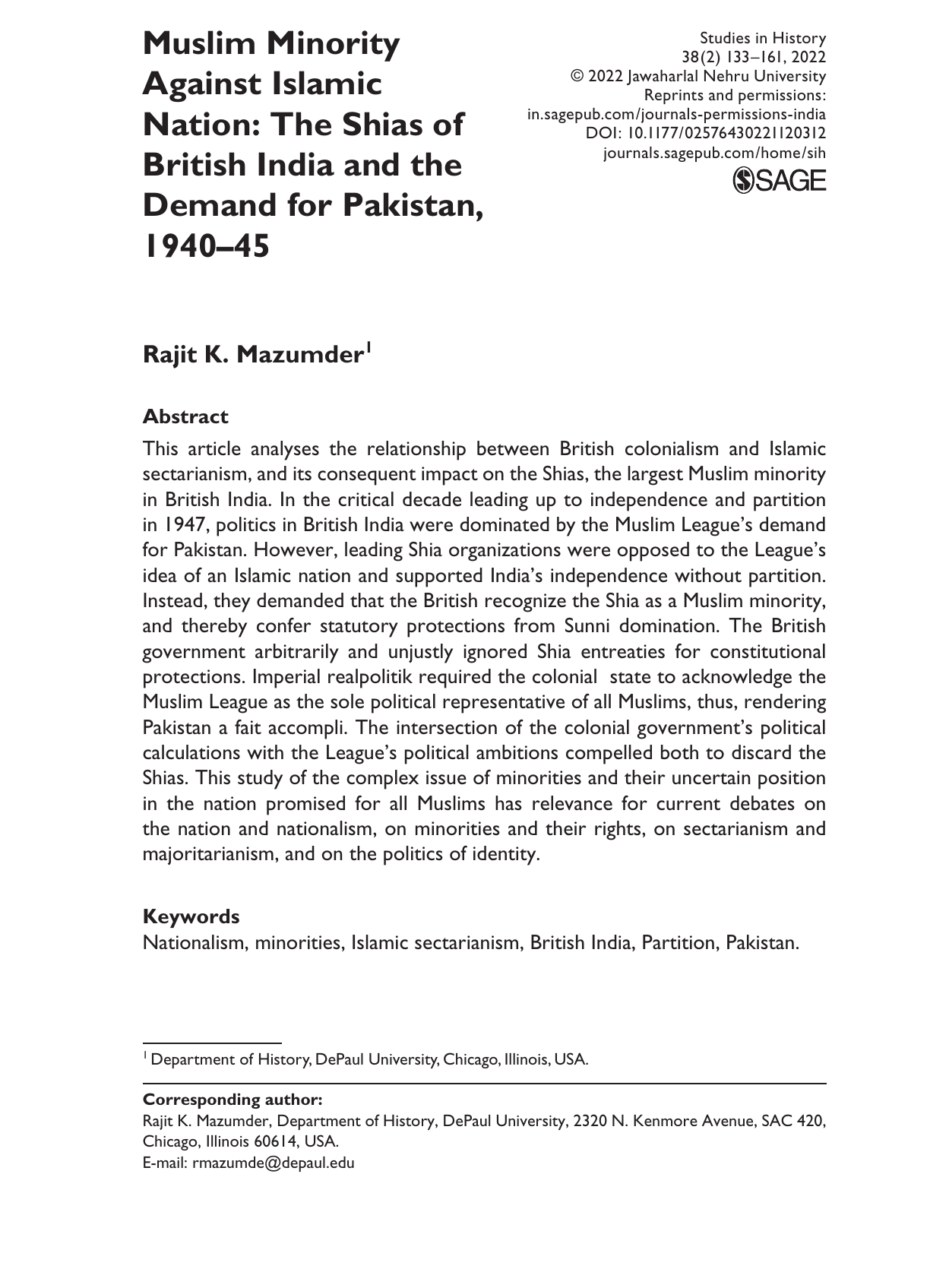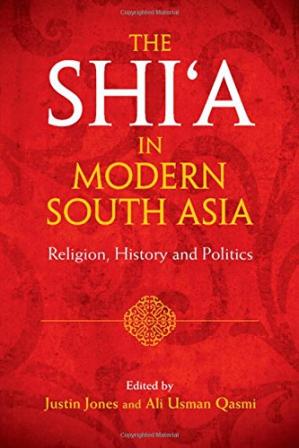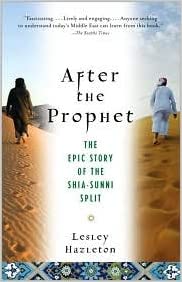Introduction
Rajit K. Mazumder’s Muslim Minority Against Islamic Nation: The Shias of British India and the Demand for Pakistan, 1940-45 offers a compelling exploration of the Shia community’s opposition to the creation of Pakistan. Focusing on the decade leading to India’s independence and partition in 1947, Mazumder delves into the complex relationship between British colonialism and Islamic sectarianism. His main thesis argues that the Shias, as the largest Muslim minority in British India, opposed the Muslim League’s demand for Pakistan, seeking instead to be recognized as a separate minority deserving of statutory protections.
Historical Context and Background
The Shia community in British India faced significant challenges from both British colonial authorities and the Sunni majority. Although Shias made up a substantial portion of the Muslim population, they were often marginalized, and their demands were ignored. Early 20th-century census data, despite being incomplete and sometimes inaccurate, suggested a considerable Shia presence. Various estimates placed the Shia population at around 10-15% of the total Muslim population in India and Pakistan.
Opposition to the Muslim League
Led by Mohammad Ali Jinnah, the Muslim League advocated for Pakistan based on the ‘two-nation theory,’ which posited that Hindus and Muslims were distinct nations. However, this theory did not account for sectarian differences within the Muslim community. Shia leaders and organizations, such as the All-India Shia Political Conference (AISPC), vehemently opposed the Muslim League’s vision, fearing Sunni domination in the proposed Islamic state.
Shia Political Movements
The All-India Shia Conference (AISC) was established in 1907, soon after the Muslim League, to protect Shia rights. Initially apolitical, the AISC became increasingly involved in political advocacy, challenging the Muslim League’s claim to represent all Muslims. The AISPC was formed in 1929 to address the political and electoral marginalization of Shias, playing a crucial role in articulating Shia opposition to the League’s idea of Pakistan.
British Colonial Policies and Sectarianism
British colonial policies exacerbated Shia-Sunni tensions. The British government’s strategy of recognizing the Muslim League as the sole representative of Muslims ignored the significant sectarian divisions within the Muslim community. This approach was part of a broader imperial strategy to manage Indian political demands by fostering divisions within communities.
Demand for Constitutional Protections
Shia leaders sought constitutional protections from the British government to safeguard their rights against Sunni dominance. They argued for political recognition similar to that granted to other minority groups, such as the Scheduled Castes and Sikhs. However, these demands were largely ignored by both the British authorities and the Muslim League.
Jinnah’s Ambiguity and Shia Concerns
Jinnah’s vision for Pakistan remained ambiguous regarding its governmental structure and the place of Shias within it. While he made various statements about Pakistan being a democracy, an Islamic state, or an Islamic democracy, he never provided concrete assurances to the Shia community. This ambiguity fueled Shia fears of marginalization in a Sunni-dominated Pakistan.
The Simla Conference and Aftermath
During the Simla Conference in 1945, the British government’s consultations excluded the Shia community despite their significant political and social standing. This exclusion highlighted the colonial administration’s preference for dealing with the Muslim League as the unified voice of all Muslims. The conference ended without addressing the Shias’ concerns, leading to further alienation.
Conclusion
Mazumder’s study sheds light on the complex dynamics of Islamic sectarianism, British colonial policies, and the political maneuvering that shaped the demand for Pakistan. The Shia opposition to the Muslim League’s vision of Pakistan underscores broader issues of minority rights and sectarianism in the context of nation-building. The marginalization of the Shia community in the political processes leading up to partition had lasting implications for the politics of identity and minority rights in the Indian subcontinent.







